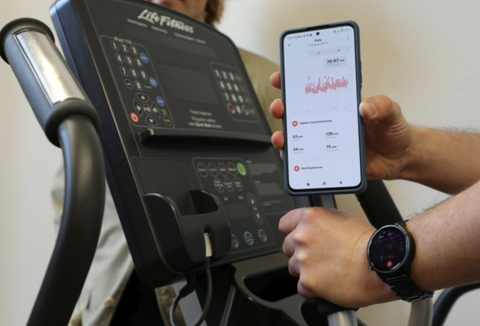Personal privacy within global health data infrastructures
Digital transformation initiatives such as the European Health Data Space aim to help citizens take control of their health data, while making this data more available for research, policy, and innovation. This project, led by Prof. Dr. Orit Halpern as principal investigator and Celia Brightwell as research associate, examines how health data infrastructures impact citizens’ care options and personal agency within increasingly digitized and connected systems.
Devices such as smartphones, watches, and wearable technologies collect a range of behavioral and biomarker information. These digital health services are profoundly changing how people manage their health and their data. Proposals to connect data captured through personal devices with clinical settings and medical researchers represent new risks and opportunities for digital transformation.
Legislation such as the General Data Protection Regulation (GDPR) gives citizens the right to decide how their data can be accessed, yet technology developers design the choice architecture that can often make enacting these data rights difficult. This is particularly the case in health applications, when a citizen who needs to use a digital service yet does not understand or agree to its data processing terms may be faced with a no-exit situation.
The PATH project is developing a GDPR-compliant consent platform that is intended to maximize comprehension and choice relating to health data sharing. This development represents a radical departure from today’s consent infrastructure. The PATH project is an initiative of the Else Kröner Fresenius Center for Digital Health within the university’s Medical Faculty. The Chair of Digital Cultures is a partner in this project, contributing research publications that address the social and ethical factors related to capturing and sharing personal health data.

